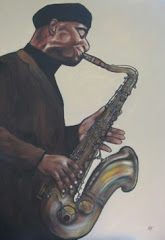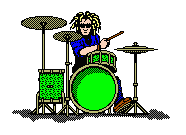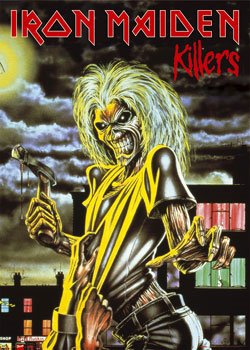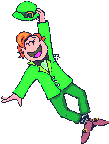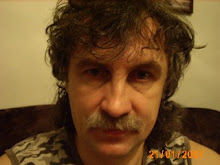
MIKE ONESKO-GUITARS,VOCALS
SCOTT JOHNSON-GUITARS
JEFF MARTIN-DRUMS
AYNSLEY DUNBAR-DRUMS
EMERY CEO-DRUMS
GREGG CHAISSON-BASS GUITAR
KIER STAEHELI-BASS GUITAR
JAMES LOMENZO-BASS GUITAR
MARK CHOLEY BASS GUITAR
BILL GRESSOCK-GUITARS
MIKE VARNEY-GUITARS
MICHAEL BARRICK-BASS GUITAR
MARK TAVERNA-BASS GUITAR
CHRIS BORAS-BASS GUITAR

DISCOGRAPHY :
BLINDSIDED-BLINDSIDE BLUES BAND-19994

MESSENGER OF THE BLUES -19995
CREAM OF THE CROP A TRIBUTETO CREAM- 1994
MIKE ONESKO'S BLINDSIDE BLUESBAND TO THE STATION-1996
SONGS FROM THE BETTER BLUESBUREAU-1994
FIT FOR A KING-1994 (VARIOUS ARTISTSMIKE ONESKO-ALBERTS JAM)
HATS OFF TO STEVIE RAY-1994 (VARIOUS ARTISTS MIKE ONESKO-LAST STEVIE JAM)
MIKE ONESKO BLUES BAND-SMOKEHOUSE SESSIONS-2004
GYPSY BLOOD HENDRIX TRIBUTE VOLUME II-2004-VARIOUS ARTISTS
BLINDSIDE BLUES BANDLONG HARD ROAD-2005

BLINDSIDE BLUES BAND- KEEPERS OF THE FLAME-2007





.jpg)











































































